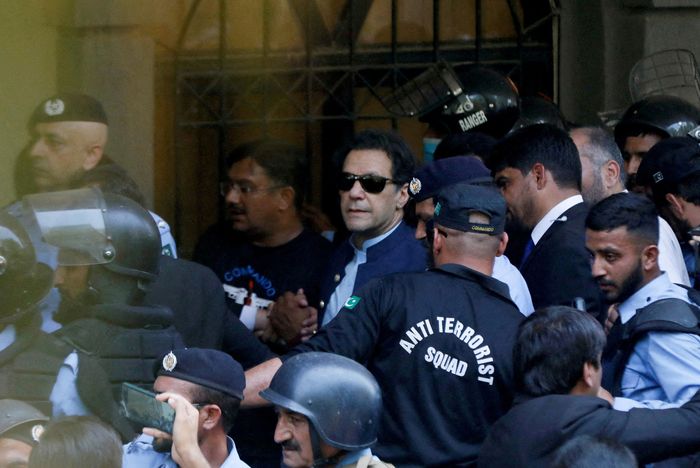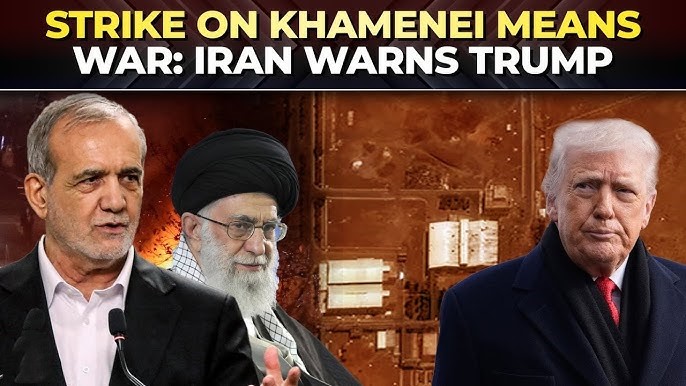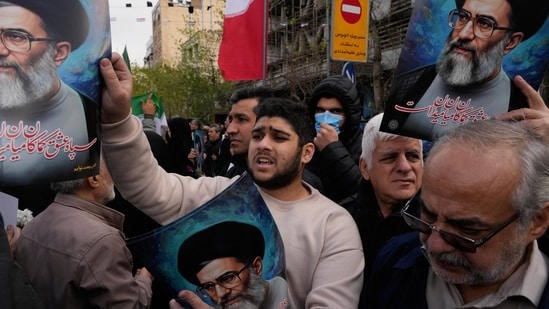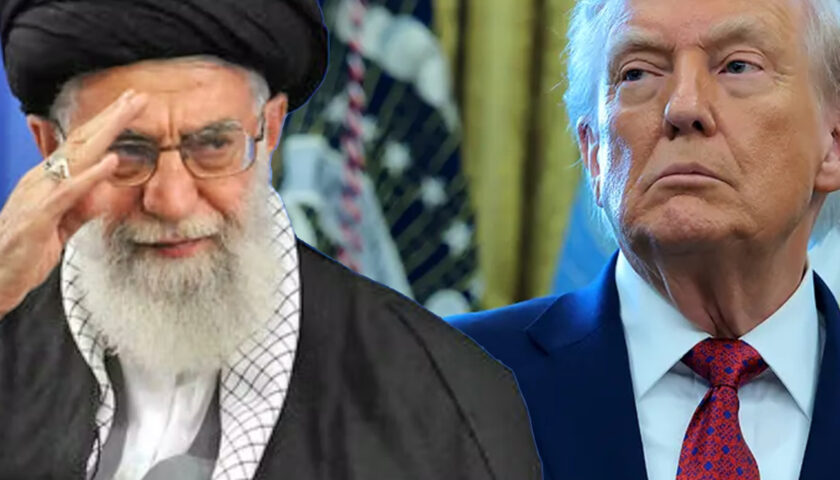Pakistan is carrying out a broad clampdown on the opposition and media, as the country’s powerful military asserts its authority more aggressively than it has in decades.
Thousands of supporters of opposition leader Imran Khan have been arrested after staging violent protests at military sites. When suspects couldn’t be found, family members or domestic staff were picked up in some cases, according to human rights groups. More than 80 people are facing trials in military courts, which aren’t open to the public, government officials said.
The military has warned TV news stations not to show pictures of Khan or use his name and put pressure on them to stop reporting on the country’s economic woes, media executives said. Instead, many are airing a near-constant stream of images of the arson and vandalism that took place at military sites following Khan’s May 9 arrest on corruption charges. Khan had branded military leaders traitors and accused them of being behind his ouster as prime minister last year.
Law-enforcement agencies have detained a range of people in recent weeks, including a high-profile human rights activist and a lawyer, while a well known journalist, Imran Riaz Khan, disappeared a month ago.
One prominent pundit, Javed Jabbar, a former minister in the last military regime, dubbed the current situation “partial law,” as opposed to martial law.
The military didn’t respond to a request for comment. Military leaders have accused Khan of seeking to create chaos in the country and said the protests over his arrest weren’t spontaneous but rather preplanned attacks on military sites by Khan’s party.
“Attempts to take refuge behind imaginary and mirage human rights violations to create smoke screen for hiding the ugly faces of all involved, are absolutely futile,” the army said in a statement released after a meeting of generals last week. “It is time that noose of law is also tightened around the planners and masterminds.”
The interior minister, Rana Sanaullah Khan, said Tuesday that no innocent person will be punished. The opposition leader was “trying to sow insurrection and insurgency in this country,” he said, including by trying to create division within the army.
Khan, who was backed by the military at one time, says that he has only ever advocated peaceful protest.
Pakistan’s military has long wielded considerable power in the country. Decades ago, the army staged multiple coups over clashes with politicians. The country has seen its longest period of elected governments since 2008, when the most recent military ruler, Gen. Pervez Musharraf, gave up power.
Now, the military is reversing many of those democratic gains without staging a formal takeover, political analysts said.
The aim of the military clampdown appears to be to impose some measure of stability in this nuclear-armed nation of more than 220 million people that has faced deepening economic and political turmoil. With economic growth essentially wiped out, the country is facing nearly 40% inflation and debt payments of some $22 billion in the coming fiscal year.
The moves also seem designed to shape the electoral landscape ahead of elections, which are due to be held by the fall. Polls showed Khan was the most popular politician in the country, but he is now facing charges and his party appears to be falling apart. After being detained, dozens of prominent figures in Khan’s party have quit, with many joining a newly formed pro-military party.
“Imran Khan would have been in the driving seat for the election. But he overplayed his hand, and the establishment got a chance to cut him down to size,” said Tariq Junaid, executive director of the Institute for Public Opinion Research, a local pollster.
The current government of Prime Minister Shehbaz Sharif has applauded the crackdown. His party is helped the most by the sinking political fortunes of Khan, as the two political leaders vie for the electorally decisive province of Punjab. But privately some ministers acknowledge that their administration too has lost power as the military has gained.
While it may be possible to put a lid on political opposition, stability continues to be undermined by the deteriorating economic situation. The country’s foreign exchange reserves had dwindled to $4 billion on May 26.
The government is relying on allies to continue rolling over its debt, including Saudi Arabia, United Arab Emirates and China. Pakistani Finance Minister Ishaq Dar said Saturday that Pakistan is also looking to reschedule its bilateral debt payments, which are owed mostly to China.
Those tactics, along with restricting imports to save on foreign currency, could keep the country from bankruptcy for the next few months, analysts say. Attempts at restarting a bailout from the International Monetary Fund have so far been unsuccessful.
Meanwhile, the result of the military’s clampdown has been an erosion of the democratic gains Pakistan has made over the past two decades, even if the country hasn’t reverted to outright military rule, human rights advocates said.
Pakistan’s last military ruler brought in a parliament packed with loyalists in 2002 after an election that was widely believed to be rigged. Some have compared aspects of the current clampdown to Pakistan’s more draconian dictatorship in the 1980s, when harsh punishments were handed down for political dissent and mass trials of civilians took place in military courts.
Harris Khalique, secretary-general of the Human Rights Commission of Pakistan, an independent organization, said that it was the first time that a political crackdown had hit an urban affluent middle class—Khan’s core support base—and, while the 1980s dictatorship was far more brutal, it was the first time since then that political suppression has been seen in the country’s heartland Punjab province, home to more than half the population.
“There were violent protests by Imran Khan’s supporters. But what we’re seeing now is an overreaction,” said Khalique. “This is the state showing its anger. The state should instead be acting through the rule of law and the justice system.”




